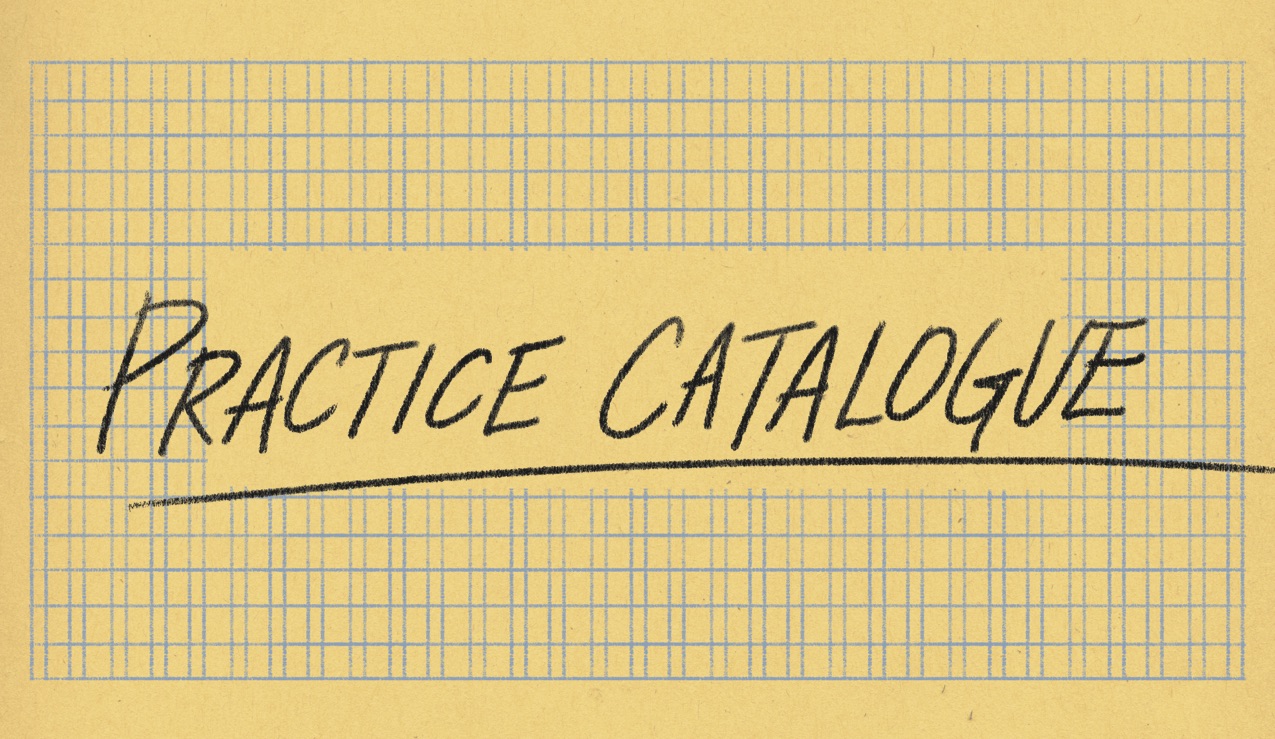Michael Clune's Idea
Because I went to graduate school, I know that a poem is what’s left of an idea after you subtract its content. To say nothing is left would be a contradiction. Quite a lot is left, or else there wouldn’t be poetry.
I have been working on an idea for over two years. This idea makes mincemeat of the distinction between the particular and the universal, for starters. The first time I told my idea to another person they threw up instantly. This was a reaction of their body to my idea before their mind had processed it. It was a formal reaction.
Since that experience, I have discovered that people’s reactions to my idea vary with their understanding of math. The person who threw up knew literally nothing of math. I would describe them as an acquaintance rather than a friend. Made cautious by this experience, I next told my idea to three carefully selected individuals. The first one knew a little about math, the second knew a medium amount, and the third had a profound understanding of math.
The first person was smiling when I began to tell him my idea, but his smile quickly turned upside down and he left the room. The second person grimaced and shook her head violently. The third person, the one with a profound understanding of mathematics, greeted my idea with a slow, subtle smile. The shape of her smile is a formal property of my idea. (The other reactions are also formal properties of my idea, even the vomiting, but these require advanced modes of criticism to understand.)
My idea concerns equality. Equality is an example of a mathematical idea that becomes a moral idea. My idea does this, but in the opposite direction. I take a moral or ethical idea and reveal its mathematical nature, which is why the woman who understands math smiled, but my idea also shows there’s no difference between anything, including between morals and math for example, which is why she smiled slowly.
When I say that my idea makes mincemeat of the distinction between the particular and the universal, I refer to a process that unfolds in time. Between the blades of my idea, the difference between these two categories of ideas, which at first looks like a solid line, slowly resolves into tiny chunks, then dots, then nothing.
From the perspective of my idea, to say that an idea is empty without its content is like saying a black hole can’t have gravity. Tell that to a planet or a moon or a spaceship being slowly and endlessly ripped apart by the opposing gravitational forces of a singularity.
My idea in general can be said to erase the differences between ideas that are far apart, but one must immediately qualify this by saying that my idea also scrupulously preserves the minutest features of those other ideas, precisely the features that lead people to declare that the idea of shortness, for example, can never be reconciled with idea of tallness, which is after all its opposite, but neither can shortness be shown to be the same as sweetness.
Yet my idea shows us that, the more closely we look into the difference between a short and a sweet thing, the more we realize it is an illusion. This is why I can say that my idea, while not an idea of equality, is an idea about equality. My idea has the formal effect of both revealing and resolving equality’s contradictions.
The political consequences of my idea are so obvious that I don’t need to spell them out. I will simply observe that an idea’s politics are a formal property, related to, but not identical with, its content.
This purely formal description of my idea is, by definition, a poem. It is also the best poem. The content that gapes in the center of this description, around which its elements rotate, slowly being stretched by its irresistible gravitational force, supplies its superlative quality.
[Michael’s most recent book is the memoir Gamelife (FSG)]
